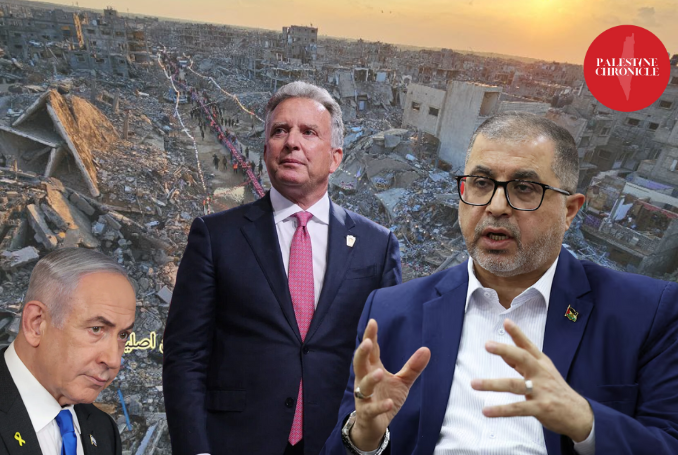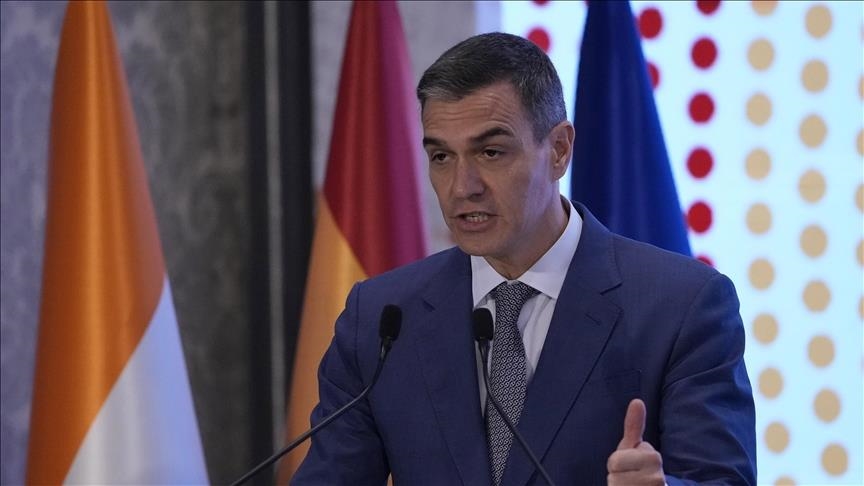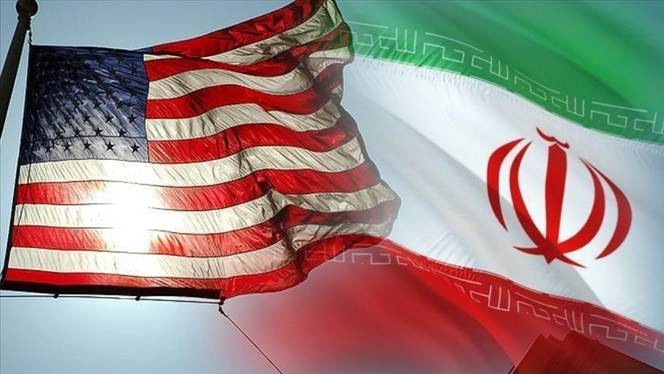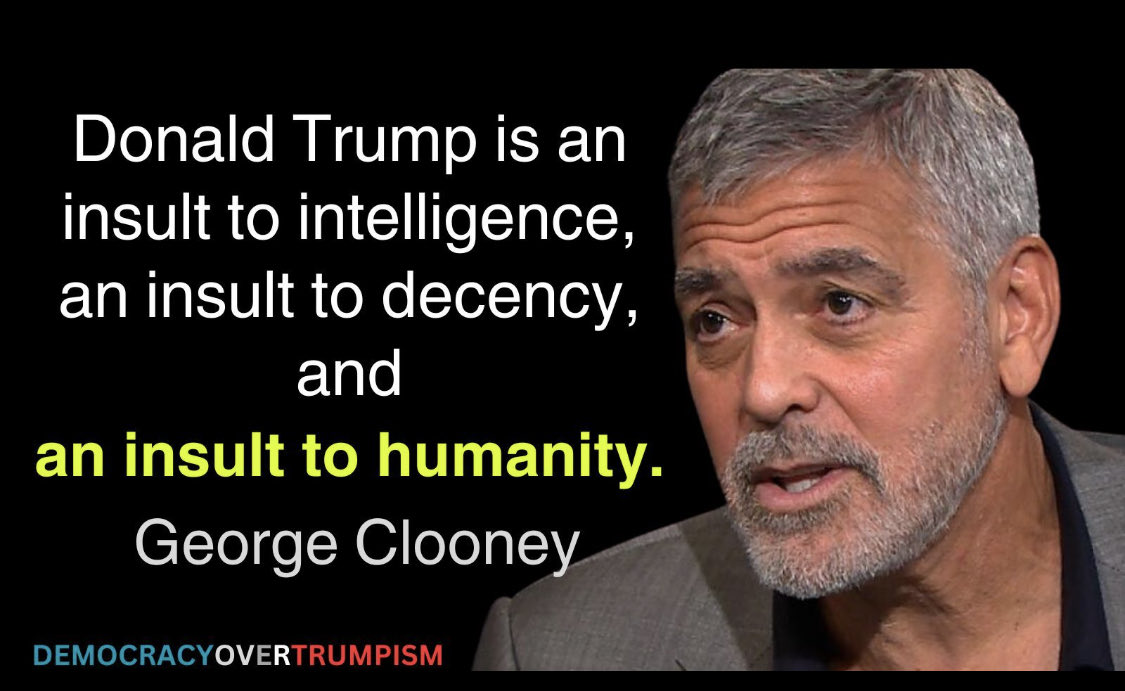US-Hamas Talks: Netanyahu’s Double-Wound
The current talks between US officials and Hamas leaders in Qatar is certainly a deep wound for the Israeli Prime Minister Benjamin Netanyahu who had long promised that he would finish off the Islamic organization in Gaza for good.
Indeed, it’s a double-wound for Netanyahu and his extremist government who had been under an illusion, perhaps a strong word to use, that US President Donald Trump would long share the Israeli extremist objectives of taking over Gaza, getting rid of its people en masse, and end Hamas rule in the 364-kilometer enclave.
Trump, especially over the past few weeks, had certainly given the Israelis that impression, especially when he blurted out at a devastating press conference with Netanyahu in the White House in early February 2025, that what he wants is to create a Middle East Riviera in Gaza that would include ‘voluntarily’ displacement of the 2.2 million Palestinians living there and swiftly end Hamas-rule. The president added what he wants to do is for the United States to take over Gaza and make it a top property front-beach development.
The whys, ifs, and hows didn’t matter whilst the details were left to be ironed out for later, while the focus zoomed on what Trump was saying which literally seemed to be straight off the top of his head as unrehearsed “blabber” non – certainly not members of the new administration – knew about as the new man in the White House dictated his shallow views and hearsay.
To Netanyahu it was music to his ears and he couldn’t believe what he was hearing. He just stood, smiled, glared and looked into the cameras pleased with his friend. To say the least however, he was gob-smacked and taken off-guard.
Trump’s bombshell announcement created an almost mass hysteria among the Palestinians, Arab world and internationally with people aghast, not knowing what to say, what to do and how to respond. Trump had then just announced the trampling on decades of international law – behest through the United Nations resolutions condemning Israeli occupation of Palestinian territories of the West Bank and Gaza and its heinous and vile military rule.
Enters Hamas in US thinking
However, Netanyahu’s smirk was soon wiped off when it became clear that Trump was offering him Dutch-courage support while directly talking to Hamas officials at the same time. The Israelis become livid, especially when they got to know about the on-going meetings through third parties and leaked sources.
Today, Netanyahu is in a state of a quandary. For the first time he is finding that the political strings and threads are no longer in his court anymore as was the case with the former administration and despite the fact Trump just unfroze the MK-84 2000-pound bombs to Israel which Joe Biden slammed on Israel in May 2024 and adding that the security of Israel remains his top priority.
But today Netanyahu has become deeply-troubled with what is being regarded as double-talk and double-dealing! The bombs supply were to be a palliative to what is being “cooked” behind closed doors.
In Trump, and through his team led by Steve Witkoff and Adam Boehler, Netanyahu is finding out that the new republican president in the White House is not an easy man and despite the strong Israeli lobby in Washington he doesn’t necessarily mean what he says and he is always looking out for America as the No. 1 interest. It is high politics trickery designed to get things done.
For the first time in this 16-month war on Gaza which Israeli started after 7 October, 2023, Netanyahu is finding himself in a corner, no longer able to pay just lip-service to the multitude of talks held in Doha and Cairo over the months of 2024 and which led to nowhere but increased the destruction of Gaza and the killing of its people.
Although Trump maybe a very good friend to Israel – a claim registered in his earlier administration when he moved the US Embassy to Jerusalem, a first-ever move by a US president and openly-backed the continued occupation of the Golan Heights, the businessman-politician is not interested in wars and has moved immediately to stop the three-year-old Ukraine war with Russia and now is dilly-dallying with Gaza.

The current talks in Doha are aimed to extend the ceasefire to be executed in three stages reached on 19 January, just one day before Trump officially entered the White House. While stage I has just ended, the Netanyahu government is foot-dragging, not wanting to move onto the second and third stage mainly because of ideological, domestic political reasons and his eminent threat of going to prison on corruption charges.
Netanyahu fears continuing the ceasefire deal would mean the end of his government that is controlled by extremists who want the war on Gaza to continue and have stated time and again that they would bring the government down if Netanyahu makes a deal that is less than re-occupying Gaza and stamping out Hamas which continues to be a fanciful dream.
Present talks
But the present US talks in Gaza with the Islamist organization that ruled the enclave since 2007, and under a tight Israeli siege that continues today, is creating a flurry of muted tense relations between Tel Aviv and Washington occasionally coming out in-the-open as was the case through a leaked phone call between Boehler, a new man in charge of the hostages file in the US administration and Israeli Strategic Affairs Minister Ron Dermer, a close Netanyahu ally.
His protest was made recently by refusing to go with his Israeli team to join the latest bout of negotiations in Doha to kick-start the second stage of the ceasefire and release more hostages at their current number of 60 including one US-Israeli soldier and four American bodies that have been killed by Israeli bombardment and kept during Israel’s war on the enclave in the last months.
At the present time four meetings were held between American and Hamas officials with the last headed by chief of the movement Khalil al-Hayya. To say the least, Israel is irritated, angry, and dumbfounded and what is happening. Netanyahu is simply flabbergasted at Trump which he always regarded as a deep personal friend of him and Israel. He and Dermer had impressed on the US administration not to take Hamas directly but it is clear the latter has not and is not heeding to the suggestion and going their own separate way.
Through different media sources and to the annoyance of the Israelis Boehler has stressed that talks so far has been “very helpful” and indicated that a resolution of the freeing of the hostages held by Hamas in Gaza would be finalized in the next few weeks.
The world is watching to see how this intricate situation will unfold. The Trump administration is trying to play down their meetings with the Hamas leaders, but this is not working, especially as Boehler keeps talking to the media about how constructive the talks are going and the fact that these Hamas leaders are “pretty nice guys,” and these “guys are just like us,” as he recently told CNN.
The next few weeks will show more. When he came to office, Trump said that if Hamas doesn’t surrender, he would turn Gaza into hell. Judging from what is happening on the ground today such a comment is merely rhetorical.
The above-analysis is written by Dr Marwan Asmar, chief editor of the crossfirearabia.com website.














